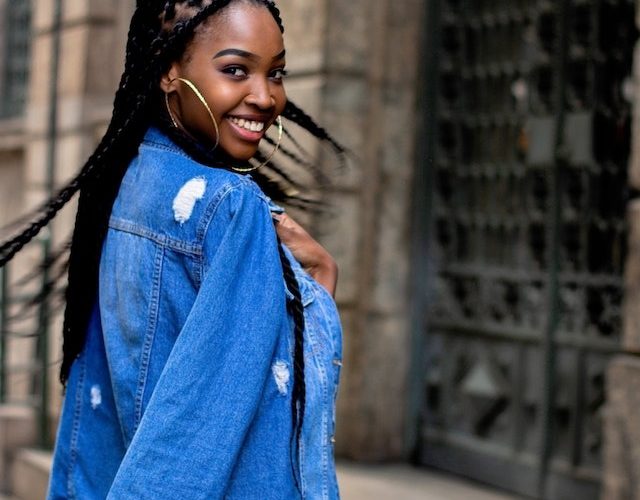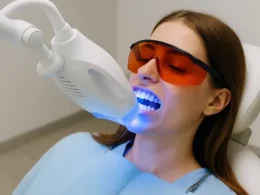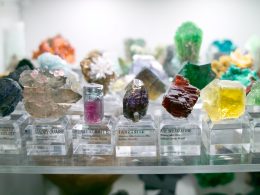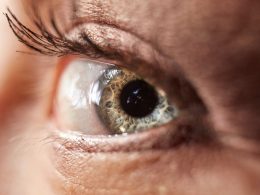Introduction:
Racism has a profound impact on body image, particularly within the context of Black lives. This article explores how racism affects body image and highlights the ways in which the Black Lives Matter movement is actively working to combat these negative effects. By raising awareness, promoting self-acceptance, and advocating for inclusivity, Black Lives Matter aims to challenge and overcome the harmful impact of racism on body image, fostering a more empowering and equitable society.
The Intersection of Racism and Body Image:
Racism intersects with body image, creating complex challenges for individuals who identify as Black. Negative stereotypes, Eurocentric beauty standards, and discriminatory practices perpetuate harmful messages that suggest Black bodies are inferior or less desirable. These systemic influences contribute to low self-esteem, body dissatisfaction, and the internalization of negative body ideals.
The Role of Black Lives Matter:
The Black Lives Matter movement has emerged as a powerful force in addressing systemic racism and its impact on various aspects of Black lives, including body image. By centering the experiences and voices of Black individuals, Black Lives Matter is challenging harmful beauty standards, promoting self-love, acceptance, and inclusivity.
Promoting Body Positivity and Self-Acceptance:
Black Lives Matter encourages individuals to embrace and celebrate their bodies, challenging societal norms that perpetuate body shaming and discrimination. Through campaigns, community initiatives, and advocacy work, the movement aims to redefine beauty standards and promote body positivity for all individuals, irrespective of their racial or ethnic background.
Addressing Colorism and Beauty Standards:
Colorism, which places value on lighter skin tones over darker ones, is a pervasive issue that impacts body image within Black communities. Black Lives Matter addresses colorism by promoting inclusivity, celebrating the diversity of Black skin tones, and challenging the notion that lighter is inherently more desirable. By highlighting the beauty of all shades, the movement empowers individuals to embrace their unique skin tones and combat colorist ideals.
Creating Safe Spaces and Support Networks:
Black Lives Matter fosters safe spaces and support networks where individuals can share their experiences, find solace, and receive validation. Through community building and online platforms, the movement creates opportunities for dialogue, healing, and empowerment. These spaces help individuals navigate the impact of racism on body image and find support from others who understand their unique struggles.
Educating and Advocating for Change:
Black Lives Matter plays a crucial role in educating the public about the impact of racism on body image. By raising awareness, challenging discriminatory practices, and advocating for policy changes, the movement aims to dismantle systemic barriers and create a more inclusive and equitable society. Through initiatives focused on media representation, education, and healthcare access, Black Lives Matter advocates for change at both individual and systemic levels.
Conclusion:
Racism significantly affects body image, posing mental health challenges for Black individuals. The Black Lives Matter movement serves as a powerful advocate for positive change, challenging beauty standards, promoting self-acceptance, and fostering inclusivity. By addressing colorism, creating safe spaces, educating the public, and advocating for systemic change, Black Lives Matter is fighting against the harmful impact of racism on body image. Together, we can work towards a society that celebrates the beauty and worth of every individual, irrespective of their race or ethnicity.












